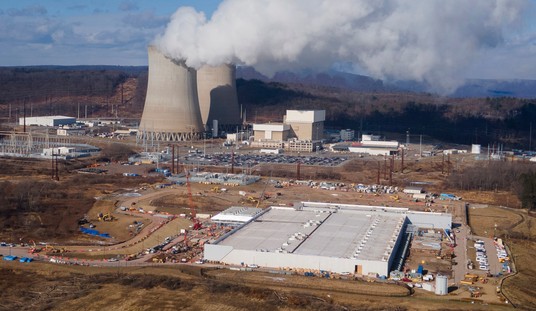A pop quiz for you. Marco Rubio is: (A) Roman Catholic (B) Nondenominational (C) Mormon or (D) All of the Above. If you answered (D), you might be right.
According to a Buzzfeed exclusive, the Roman Catholic who attends a nondenominational church in Miami was baptized with his family into the Church of Jesus Christ of Latter Day Saints when he was eight years old and remained active in the LDS church for several years after that. While he and his family ultimately returned to the Catholic Church in time for Rubio to make his First Communion at age 13, the freshman senator has never requested that his name be removed from the LDS rolls, his spokesman told Buzzfeed. That means he’s probably technically still considered an LDS member.
Buzzfeed portrays this as a potential drag on Rubio’s supposed race to the vice presidency:
The revelation adds a new dimension to Rubio’s already-nuanced religious history—and could complicate his political future at a time when many Republicans see him as the odds-on favorite for the 2012 vice presidential nod. Vice presidential candidates are traditionally chosen to provide ethnic and religious balance to a ticket. Mitt Romney’s Mormonism and Rubio’s Catholic faith would already mean the first two members of minority traditions on a Republican ticket in American history. Rubio’s Mormon roots could further complicate that calculation.
It’s difficult to say with certainty what effect — if any — this would have on Mitt Romney’s consideration of Marco Rubio as a potential vice president. Eight-year-olds might be right around the Catholic Church’s “age of reason,” but does what Rubio believed from the time he was eight to 12 matter as much as what he has believed as an adult? Hardly. I’d say it’s more confusing that Rubio claims Catholicism while attending a nondenominational church.
Meanwhile, the story calls to mind what the Media Research Center discovered some time ago: The media covers the religious views of Republican politicians in far greater detail than it ever covers the religious views of Democratic politicians. Then, after playing up those religious beliefs, the MSM accuses the Republican candidates themselves of making everything about religion. That’s certainly happened to Rick Santorum. No matter how much he wants to talk about the economy, interviewers always ask him about social issues — and frequently throw in a little something-something like this: “Your campaign has been defined by your positions on social issues.” OK … Defined by whom? Rick Santorum hasn’t defined his campaign like that.
Marco Rubio should touch lightly on this and move on. It’s just really not a big deal — except maybe in that his experiences as a member of LDS probably give him a perspective and understanding of Mormonism the rest of us lack. Yes, religious views shape political views and, yes, deeply religious people will witness to their faith when asked about it, but that doesn’t mean Mormon politicians or Catholic politicians don’t understand that the president of the United States is president of people of all different religious persuasions. If anything, minority-religious candidates understand best of all why religious liberty is so important and will be more apt to seek to protect it than those whose beliefs have never been threatened by law or — more commonly — by the MSM.








Join the conversation as a VIP Member